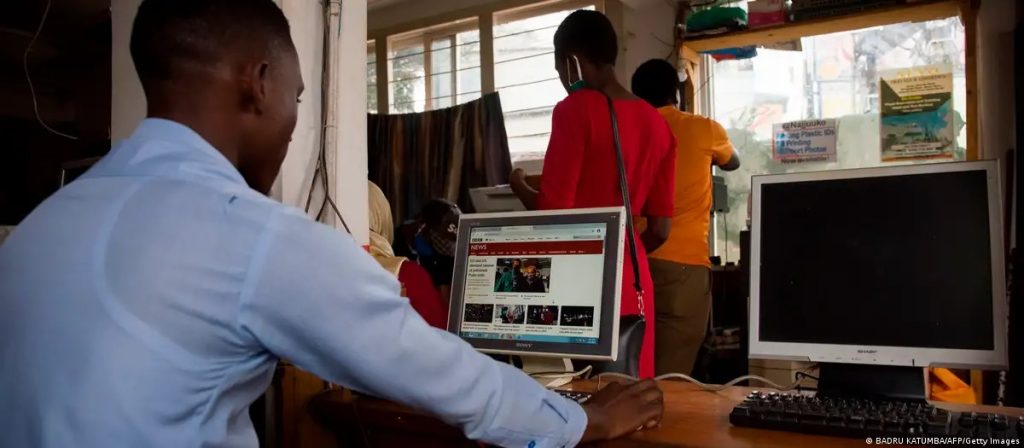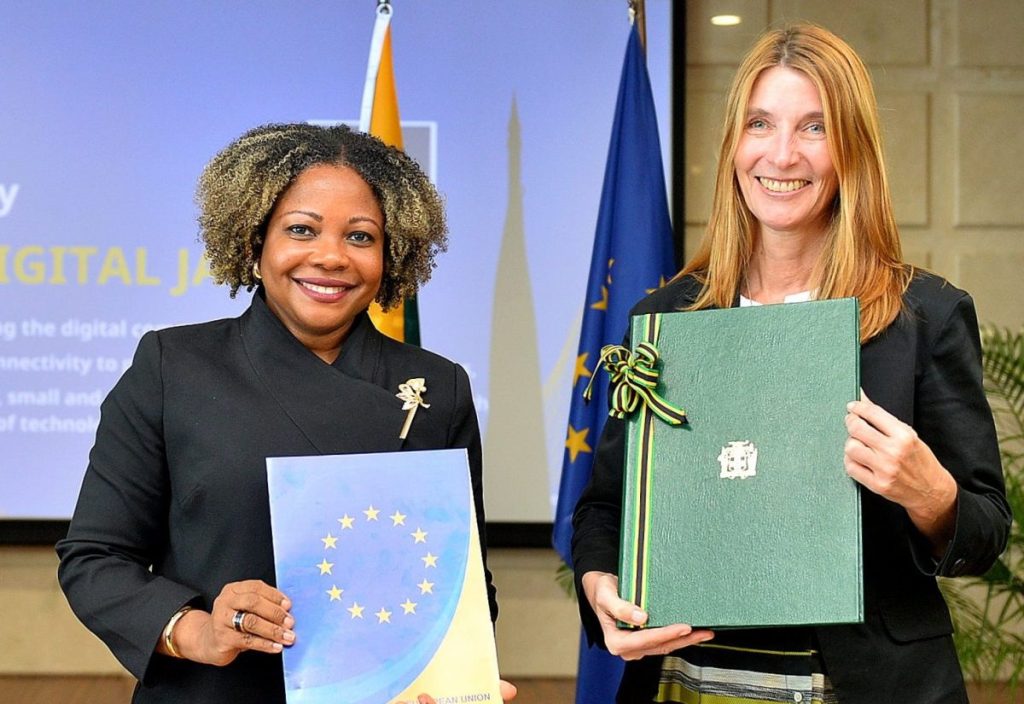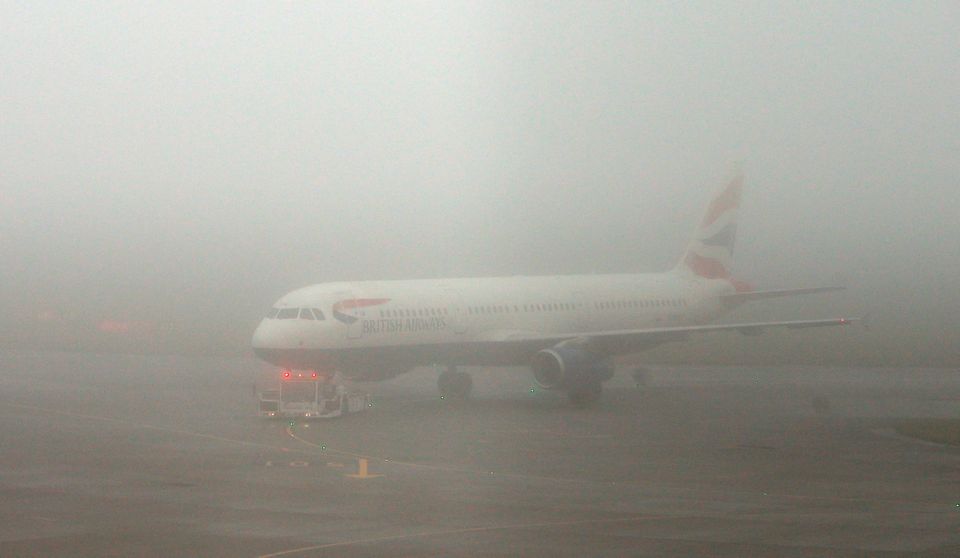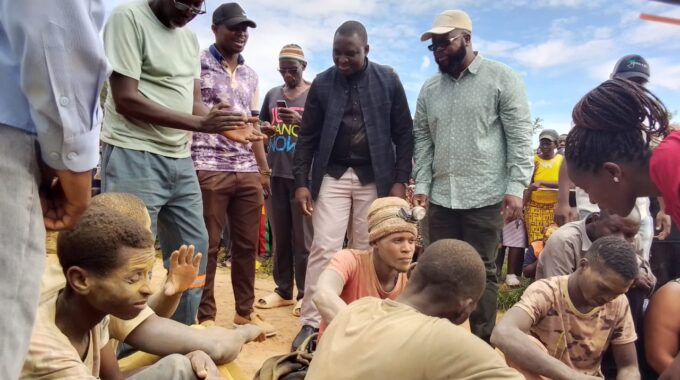In an effort to address the issue of limited internet access despite affordable data plans, the Malawian government has initiated a program to offer free internet access in all public facilities. This move aims to alleviate the challenges faced by students in schools and healthcare professionals in public health facilities, among others.
Previously, the lack of universal internet access in Blantyre City, southern Malawi, had posed significant obstacles, particularly for students who struggled to access teaching and learning materials. However, with the implementation of the free internet project three months ago, public facilities, including schools, can now connect online at no cost, enabling seamless learning experiences for students.
Students at Chichiri secondary school expressed their satisfaction with the availability of free internet, highlighting how it has improved their understanding of lessons. They now have the opportunity to search for additional information and gain a clearer understanding of various topics.
Similarly, healthcare professionals at the Queen Elizabeth Central, a major referral hospital in Malawi, are grateful for the newfound access to the internet. They can now engage with medical specialists abroad, seeking guidance on administering new drugs and vaccines. Additionally, medical journals can be readily accessed and downloaded for professional use.
The government’s initiative aims to connect a wide range of public facilities, including schools, courts, police stations, prisons, hospitals, and markets, to the internet. Currently, approximately 500 public facilities are participating in the program, utilising Wi-Fi connectivity. The Digital Malawi Programme, implemented in collaboration with the World Bank, seeks to drive digital transformation across the country.
The success of this initiative heavily relies on ensuring minimal or no financial burden for users. At the beginning of 2023, 75% of Malawians did not use the internet, as indicated by Malawi’s 2023 digital report. The government hopes that this number will significantly decrease, empowering individuals from all walks of life.
Despite Malawi being the most affordable African country for data, with 1GB costing only $0.38 (€ 0.35) in 2023, many people still face barriers to online access. Limited access to hardware, such as smartphones, laptops, and computers, further exacerbates the issue. However, the government has yet to address this aspect of the problem.
With hundreds of public facilities already benefiting from free internet access, the Malawian government aims to expand the program and advocate for reduced data charges by mobile phone companies in the country. Malawi’s involvement in the Diplomatic Data Corridors project, along with neighbouring countries Zambia, Mozambique, Tanzania, and Namibia, aims to make internet access more affordable for all.
In summary, the government’s initiative to provide free internet access in public facilities is a significant step toward bridging the digital divide in Malawi. By facilitating improved educational opportunities and enhancing communication between healthcare professionals, this program aims to drive digital transformation and empower individuals across the country.









No comment yet, add your voice below!